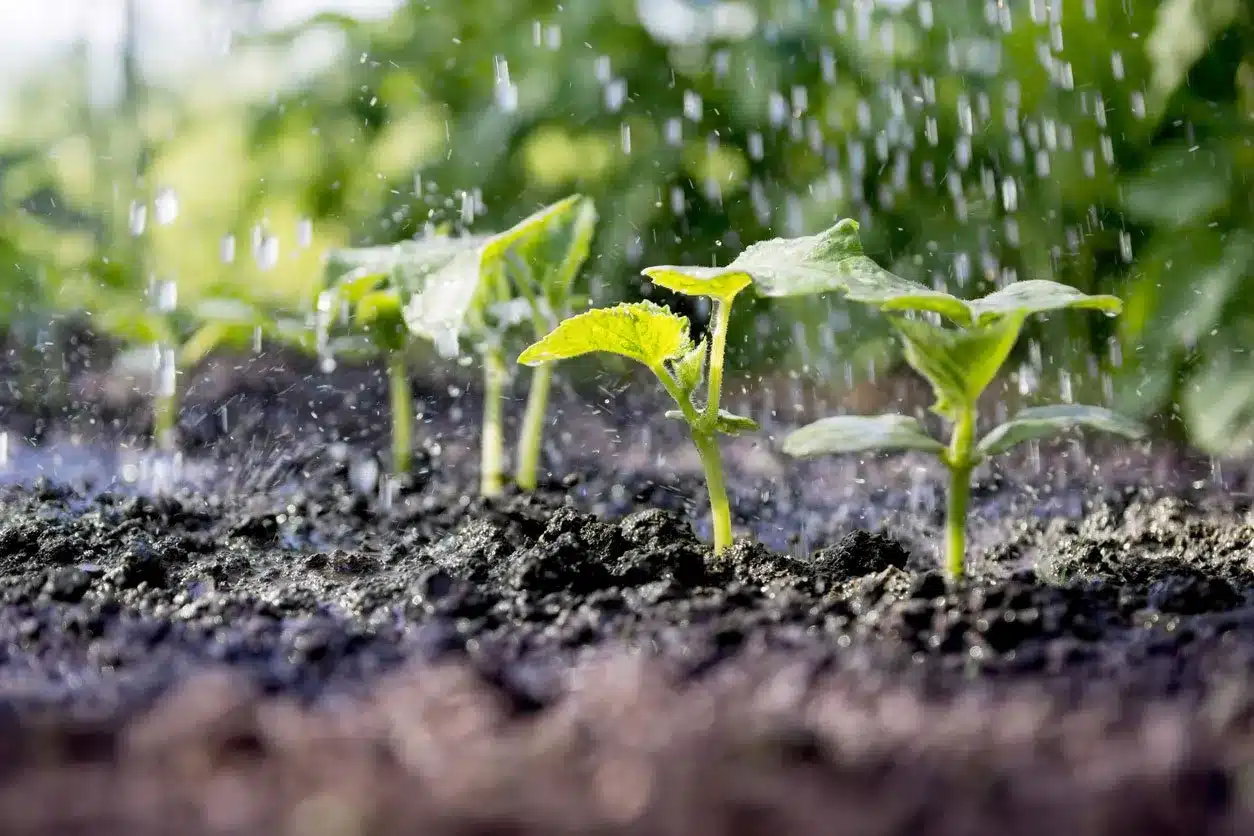
What are the benefits in Growing Your Own produce?
Grow Your Own with PlantGrow Here at PlantGrow, we’re really pleased to be hearing from many new and existing customers that they’re keen to start
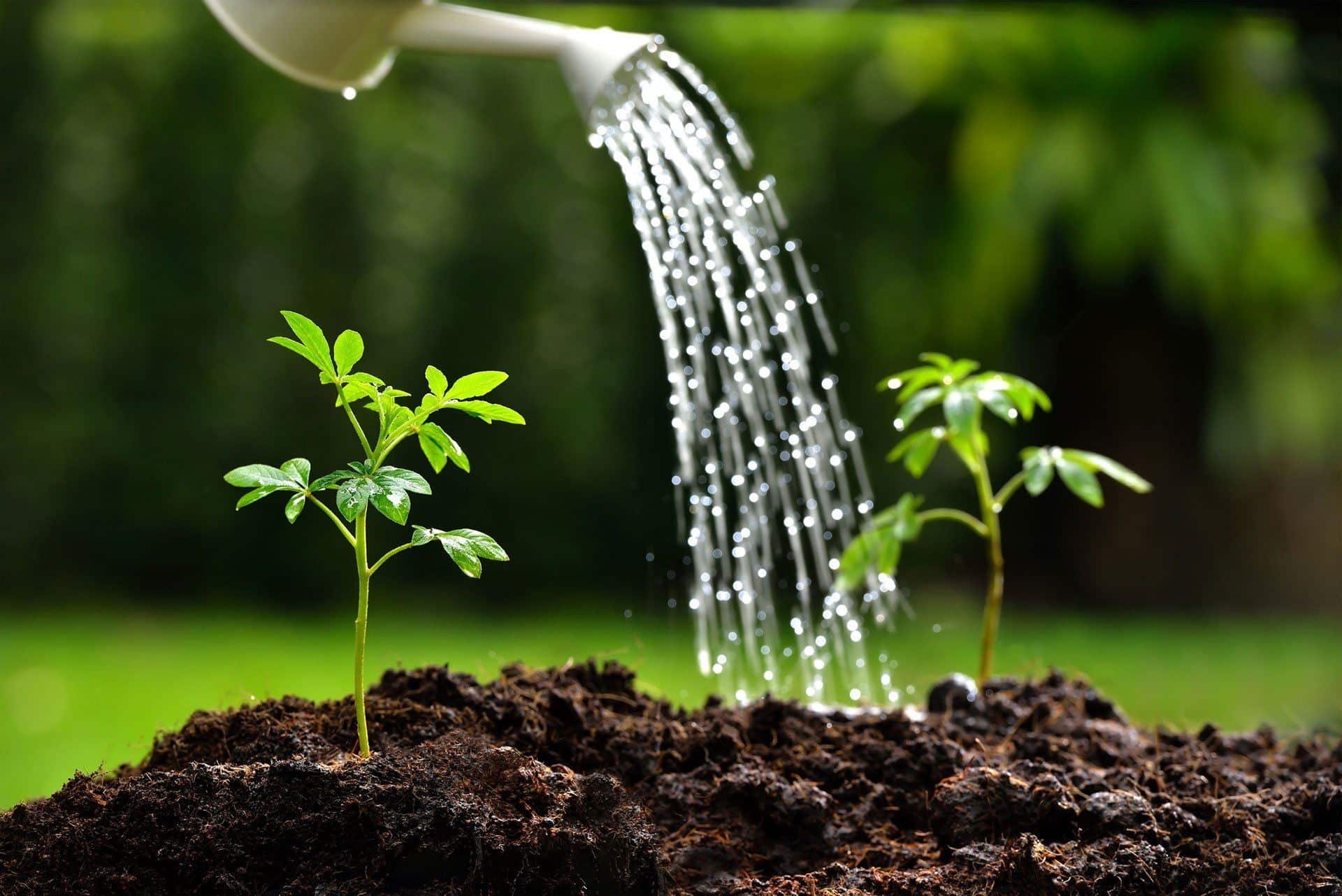
For many, the past few months have given people a chance to realise just how precious life is, and what a difference being outdoors can make to your mood. This may explain the recent rise in the popularity of gardening, as newly green-fingered folk find “gardening adds years to your life and life to your years”.
Whilst your garden can give you a new lease on life, it is important to give something back as well. Whether you live in a city flat or a country estate, gardens form part of the wider environment, giving sanctuary to a range of animals, insects and plants. It is up to you to ensure that your garden is reaching its maximum potential and creating a flourishing ecosystem for all.
You can breathe this much needed life into your garden with PlantGrow, which works to improve the soil texture, allowing it to hold water for longer, and increase the beneficial bacterial and fungal activity in the soil. Synthetic fertilisers deplete your soil of nutrients, making it unproductive and undesirable for plants and animals alike. PlantGrow works harmoniously with nature, helping plants flourish and reach their full potential to support the ecosystem.
Limiting the use of synthetic chemicals is one of the easiest ways to enhance wildlife in your garden. Insecticides can kill beneficial insects, or affect them indirectly by disrupting their metabolism or reproductive cycles. Overuse of herbicides removes important food resources like dandelions, that pollinators rely on if other flowers are scarce.
The soil sets the tone for a healthy garden, but here are some further steps you can take to create a healthy, natural ecosystem in your garden.
Companion planting
Planting certain sets of plants next to each other leads to shared benefits and can allow your garden to thrive. One great example of companion planting is garlic and roses; the powerful garlic smell works to repel pests like aphids that drain precious sap from the rose, leaving it vulnerable to infection.
Interplanting
Planting small, faster growing plants alongside larger, slower growing ones to take advantage of all available space, whilst minimising the ability of weeds to take hold.Sow salad crops between slower-growing cauliflower and your lettuce will grow happily in the shade provided by their cruciferous neighbour!
Composting
As well as fertilising and conditioning your soil, composting re-energises your soil with vital nutrients and microorganisms. Healthy soil means healthy plants!
Feed the Birds
Include plants that provide berry-crops and plenty of perching space to attract birds into the garden. A fresh source of water like a bird bath is always appreciated by our feathered friends, who in return will keep the insect population down to manageable levels.
When you take steps to balance the ecosystem in your back garden, each species that calls it home eventually establishes a natural balance too. For example:
* Snails reduce algae in the water.* Birds reduce the insect population.* Some beneficial insects like ladybirds devour ‘pest’ insects like aphids (also known as greenfly).
PlantGrow contains everything you need to support a balanced ecosystem; a plant food made entirely from plants that works wonders whether container planting, veg gardening or putting some life back into your annuals.Whether you opt for our liquid fertiliser, mulch, or targeted fertilisers for roses or tomatoes, there’s a PlantGrow product to help your garden bloom, beautifully.
To see how PlantGrow can transform your garden, visit our website: https://www.plantgrow.co.uk/

Grow Your Own with PlantGrow Here at PlantGrow, we’re really pleased to be hearing from many new and existing customers that they’re keen to start
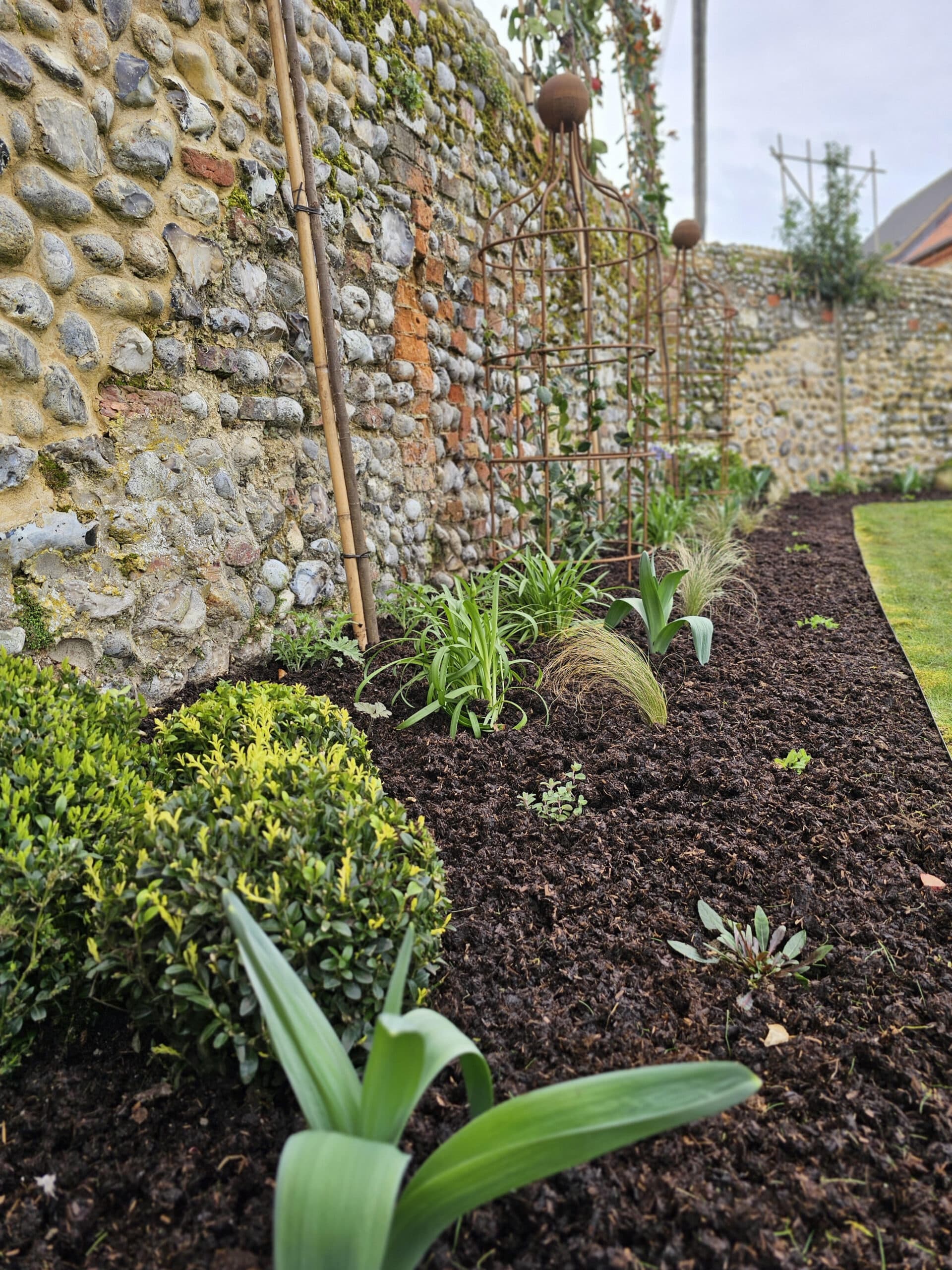
Mulching or topdressing is needed for a number of reasons as it is beneficial for your plants, the soil and the environment. Having organic material
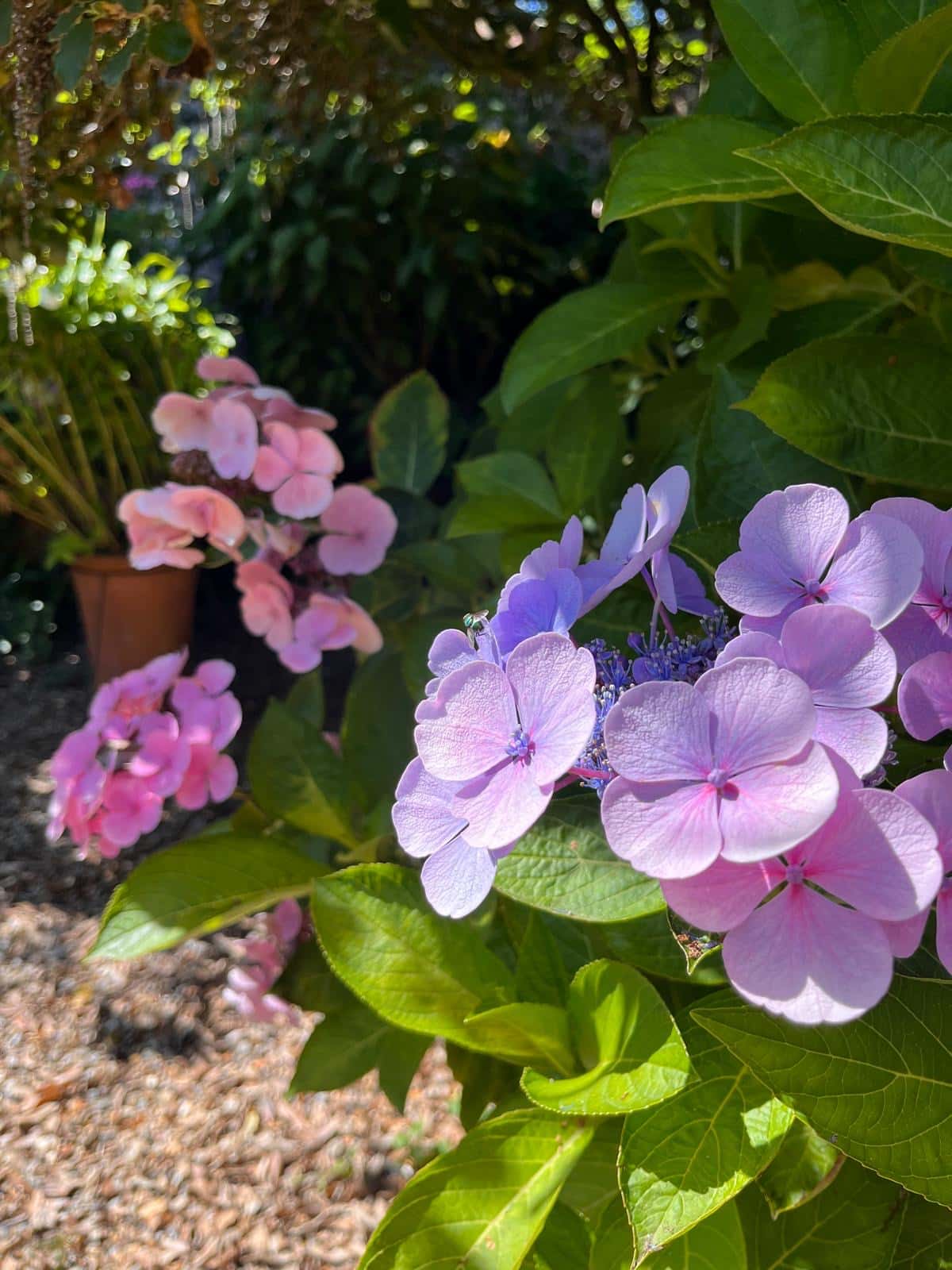
When Spring arrives, our home gardens begin to come alive again as the bleak months of winter end, temperatures rise and the hours of daylight

Our new Champions will be flying the flag for PlantGrow this year and all things natural. We have selected a varied group of individuals from
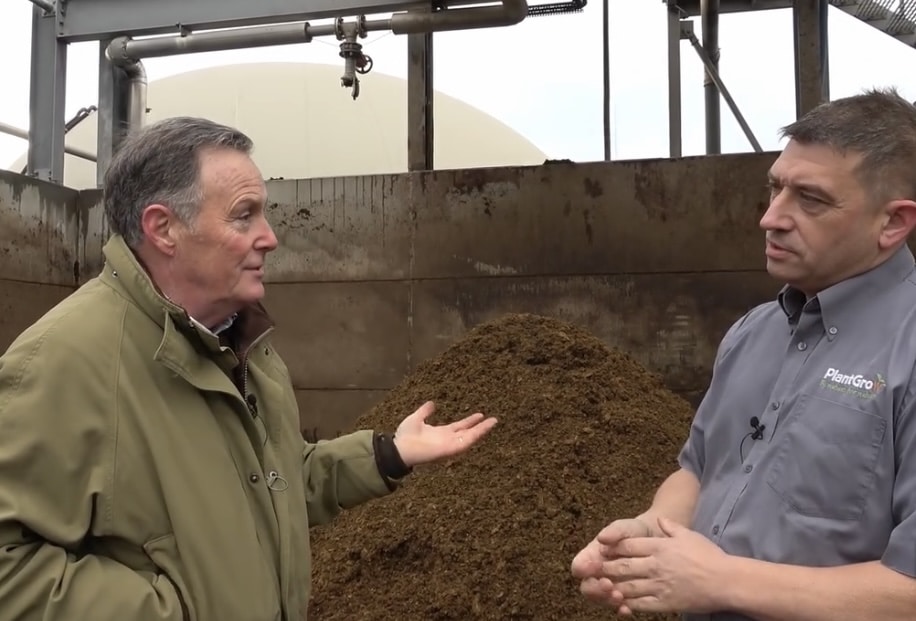
2025 is promising to be a busy year once again for us at PlantGrow with new brand ambassadors and a new list of ‘Champions’ who
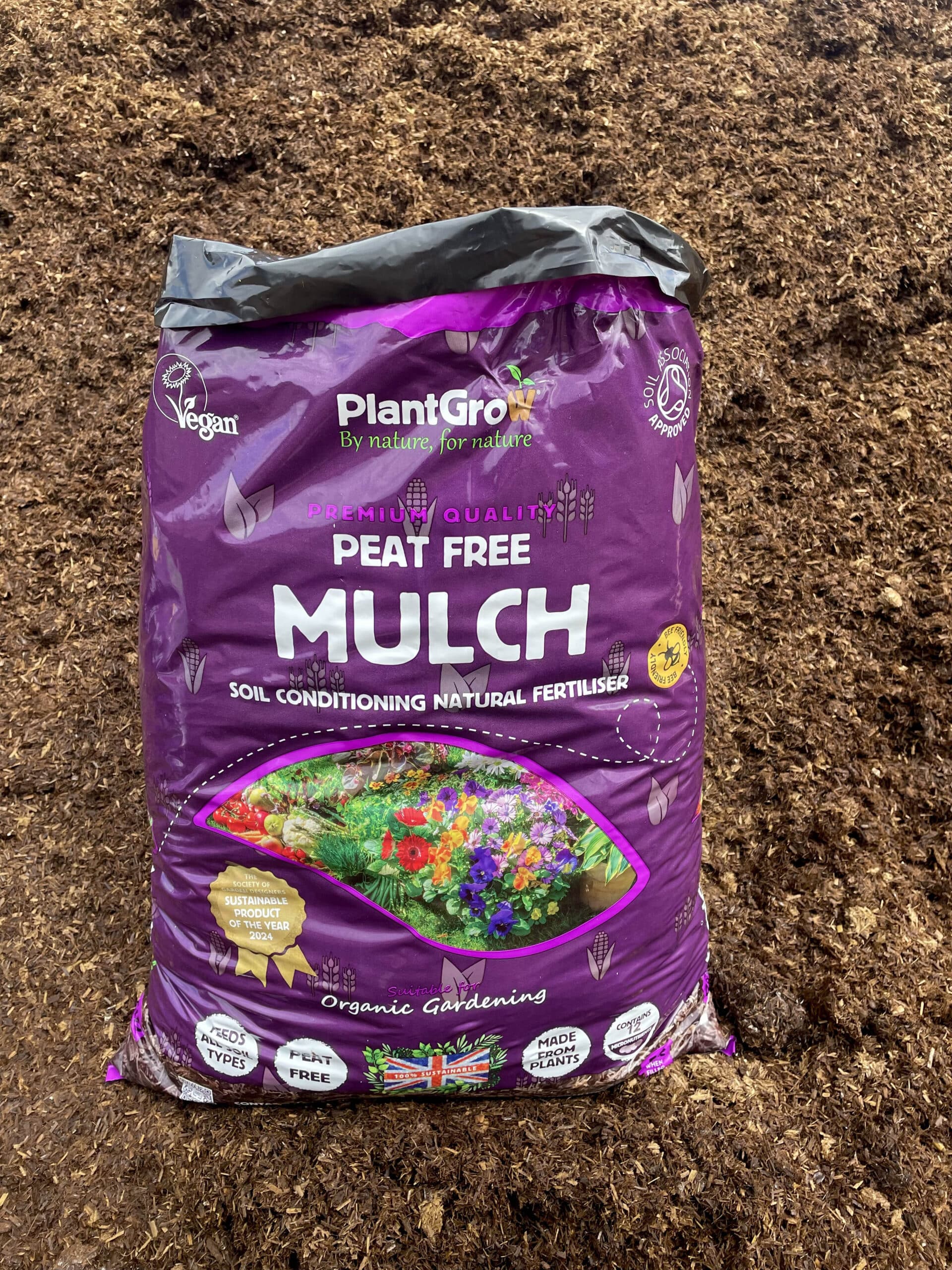
November 2024 Award-winning & market leading PlantGrow Organic Mulch will soon be available in 50-litre size bags for garden centres. Their signature natural fertiliser product
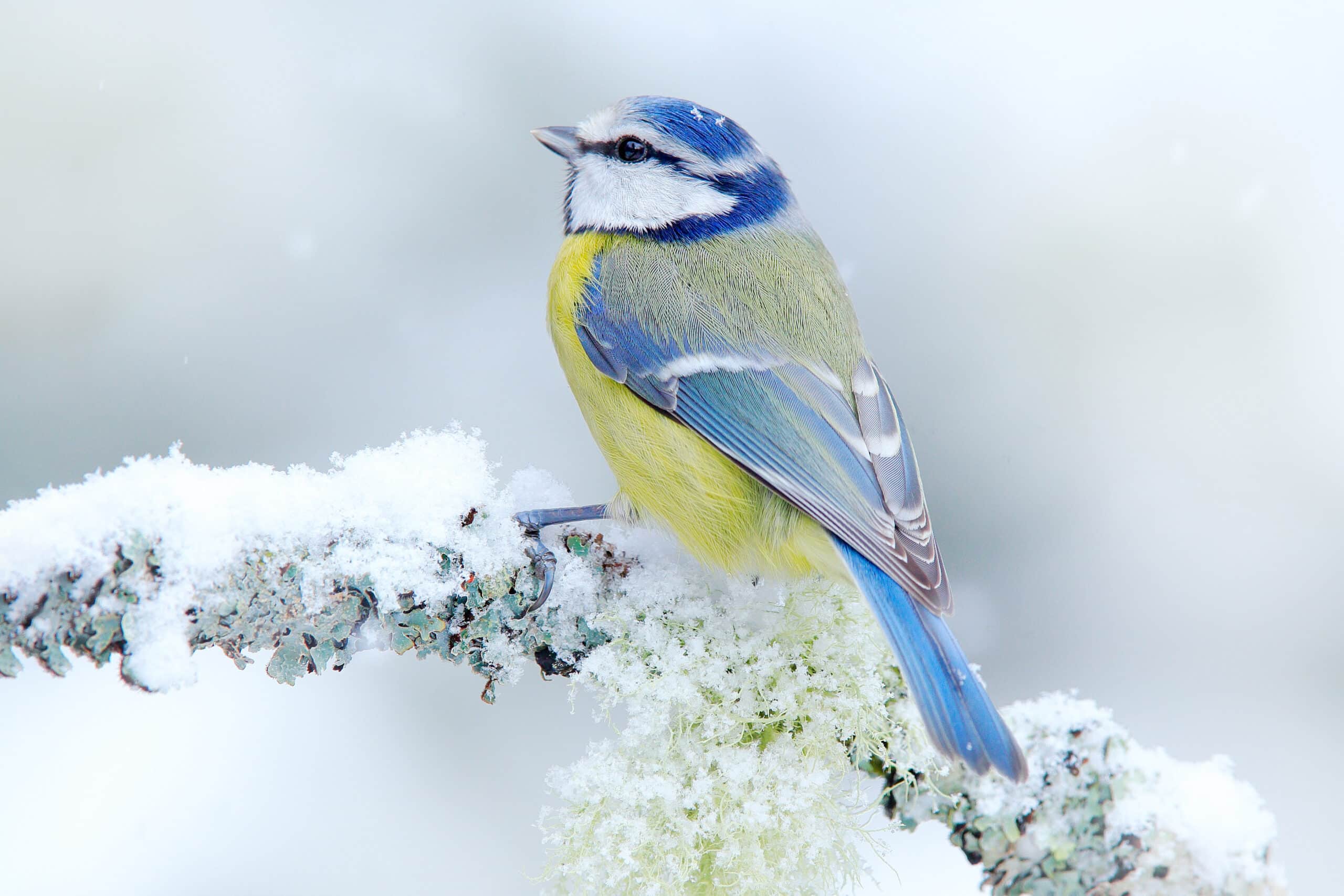
Late Autumn and the onset of Winter will trigger a notable change to the abundance, behaviour and physical state of life within our gardens. With
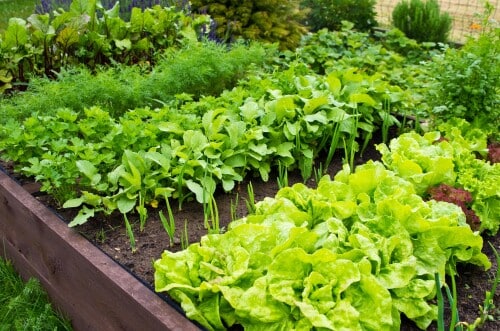
Why do you need to add PlantGrow mulch this Autumn? Mulching or topdressing is needed for a number of reasons as it is beneficial for
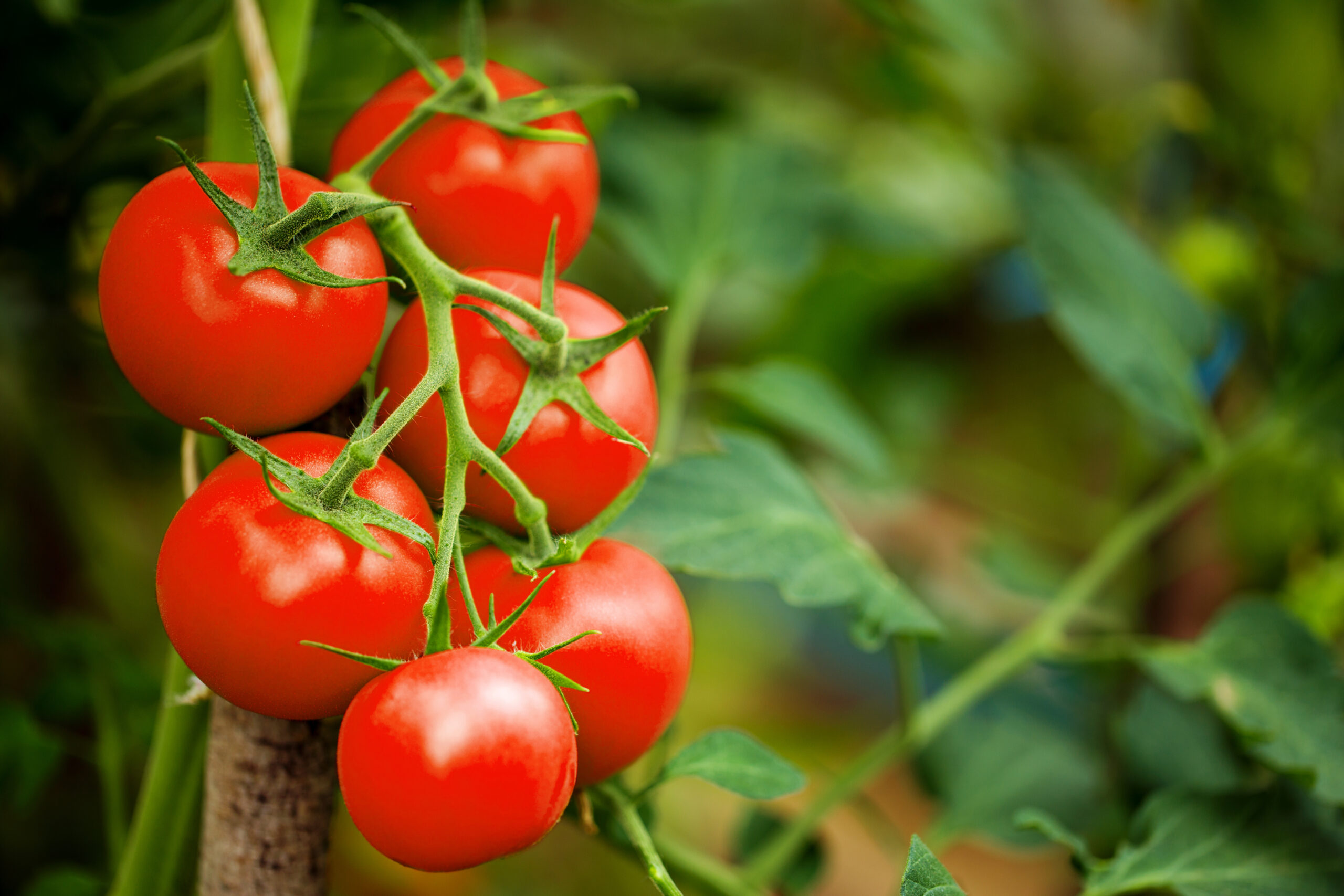
Q: Why should I use fertiliser on my fruits and vegetables? To help you get the most from your garden. Fertilisers supply your plants with
| Cookie | Duration | Description |
|---|---|---|
| _savt | 3 years | This cookie is set by Square for payment processing. |
| cookielawinfo-checkbox-advertisement | 1 year | Set by the GDPR Cookie Consent plugin, this cookie is used to record the user consent for the cookies in the "Advertisement" category . |
| cookielawinfo-checkbox-analytics | 11 months | This cookie is set by GDPR Cookie Consent plugin. The cookie is used to store the user consent for the cookies in the category "Analytics". |
| cookielawinfo-checkbox-functional | 11 months | The cookie is set by GDPR cookie consent to record the user consent for the cookies in the category "Functional". |
| cookielawinfo-checkbox-necessary | 11 months | This cookie is set by GDPR Cookie Consent plugin. The cookies is used to store the user consent for the cookies in the category "Necessary". |
| cookielawinfo-checkbox-others | 11 months | This cookie is set by GDPR Cookie Consent plugin. The cookie is used to store the user consent for the cookies in the category "Other. |
| cookielawinfo-checkbox-performance | 11 months | This cookie is set by GDPR Cookie Consent plugin. The cookie is used to store the user consent for the cookies in the category "Performance". |
| CookieLawInfoConsent | 1 year | Records the default button state of the corresponding category & the status of CCPA. It works only in coordination with the primary cookie. |
| elementor | never | This cookie is used by the website's WordPress theme. It allows the website owner to implement or change the website's content in real-time. |
| viewed_cookie_policy | 11 months | The cookie is set by the GDPR Cookie Consent plugin and is used to store whether or not user has consented to the use of cookies. It does not store any personal data. |
| Cookie | Duration | Description |
|---|---|---|
| _GRECAPTCHA | Session | Spam prevention |
| _hjSession_* | 30 Minutes | A cookie that holds the current session data. This ensures that subsequent requests within the session window will be attributed to the same Hotjar session. |
| Woocommerce_cart_hash | 1 Day | To store items in cart |
| Woocommerce_items_in_cart | Session | Store items in cart. |
| Wordpress_logged_in_ | Session | WordPress |
| Wordpress_sec_* | 15 Days | To provide protection against hackers, store account details. |
| Wp_woocommerce_session_* | Session | Store performed actions. |
| Cookie | Duration | Description |
|---|---|---|
| _hjAbsoluteSessionInProgress | 30 Minutes | Hotjar sets this cookie to detect the first pageview session of a user. This is a True/False flag set by the cookie. |
| _hjAbsoluteSessionInProgress | 30 Minutes | Hotjar sets this cookie to detect the first pageview session of a user. This is a True/False flag set by the cookie. |
| _hjSessionUser_* | 1 Year | Hotjar cookie that is set when a user first lands on a page with the Hotjar script. It is used to persist the Hotjar User ID, unique to that site on the browser. This ensures that behavior in subsequent visits to the same site will be attributed to the same user ID |
| CONSENT | 2 years | YouTube sets this cookie via embedded youtube-videos and registers anonymous statistical data. |
| Cookie | Duration | Description |
|---|---|---|
| VISITOR_INFO1_LIVE | 5 months 27 days | A cookie set by YouTube to measure bandwidth that determines whether the user gets the new or old player interface. |
| YSC | session | YSC cookie is set by Youtube and is used to track the views of embedded videos on Youtube pages. |
| yt-remote-connected-devices | never | YouTube sets this cookie to store the video preferences of the user using embedded YouTube video. |
| yt-remote-device-id | never | YouTube sets this cookie to store the video preferences of the user using embedded YouTube video. |
| Cookie | Duration | Description |
|---|---|---|
| cookielawinfo-checkbox-tracking | 1 year | No description |
Parcel deliveries
We aim to deliver all parcels within 2-4 working days from dispatch, order before 12:00pm for same day dispatch.
Pallet deliveries
We aim to deliver all pallets within 2-5 working days from dispatch, order before 12:00pm for same day dispatch.
If you require further information regarding your delivery, please email daniel@plantgrow.co.uk
